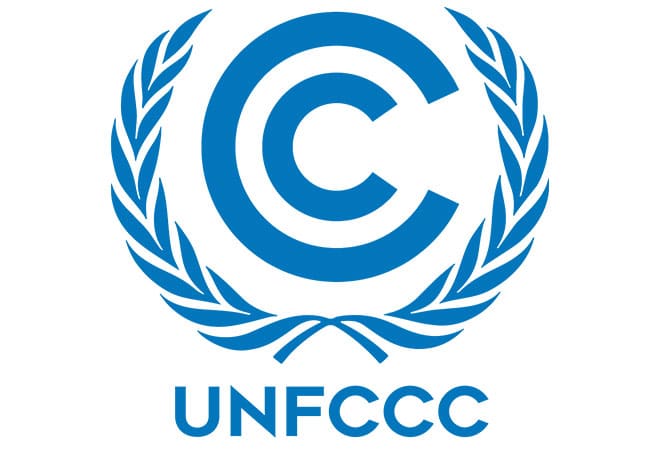From President Abdel Fattah El-Sisi
The hosting of COP27 in the green city of Sharm El-Sheikh this year marks the 30th anniversary of the adoption of the United Nations Framework Convention on Climate Change. In the thirty years since, the world has come a long way in the fight against climate change and its negative impacts on our planet; we are now able to better understand the science behind climate change, better assess its impacts, and better develop tools to address its causes and consequences.
Thirty years and twenty-six COPs later, we now have a much clearer understanding of the extent of the potential climate crisis and what needs to be done to address it effectively. The science is there and clearly shows the urgency with which we must act regarding rapidly reducing emissions of greenhouse gases, taking necessary steps to assist those in need of support to adapt to the negative impacts of climate change, and finding the appropriate formula that would ensure the availability of requisite means of implementation that are indispensable for developing countries in making their contributions to this global effort, especially in the midst of the successive international crises, including the ongoing food security crisis exacerbated by climate change, desertification and water scarcity, especially in Africa that suffers the most impacts.
Click here to Read More…










